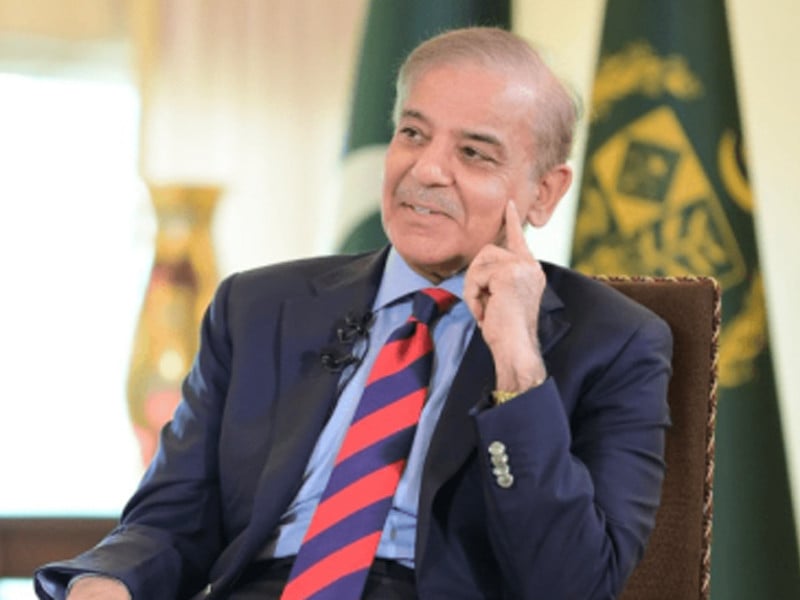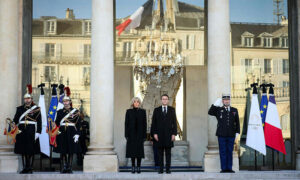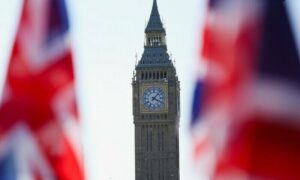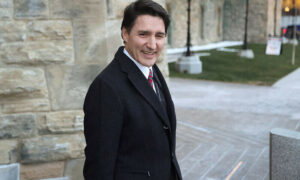CAIRO:
Prime Minister Shehbaz Sharif on Thursday described youth bulge and small and medium enterprises (SMEs) as the two key drivers of the economic development, stressing that robust economies could be built by investing in them.
Addressing the 11th summit meeting of the Developing Eight (D-8) Organisation for Economic Cooperation in Cairo, Shehbaz emphasised that his government was investing more in youth, and supporting the SMEs, as both were crucial for the country’s socio-economic development, and progress.
Reflecting on the summit’s theme, ‘Investing in Youth and Supporting Small and Medium Enterprises’, the prime minister emphasised on its relevance in building resilient economies and creating opportunities for sustainable development across the member states.
“With over 60% of our population under the age of 30, we possess, fountain of potential, for innovation and growth,” he said, stressing that unlocking this potential required provision of the right skills, opportunities and financial resources.
Since 2013, Pakistan’s Youth Programme had distributed over 600,000 laptops to high achievers, awarded hundreds and thousands of scholarships, and trained a huge cohort of individuals in demand-driven skills such as artificial intelligence, data analytics, and cyber security, he added
“Now, Pakistan is home to one of the largest freelance communities in the world. We are focusing on information technology (IT) trainings at a mass scale to equip our youth with the necessary tools to connect with the digital world and capitalise on those opportunities,” he continued.
The aim [is] to enable jobs-seekers to become job-creators,” he remarked. Furthermore, he also talked about the government’s Youth Business and Agriculture Loan Scheme under which billions of rupees had been disbursed in loans, enabling the young Pakistanis to start and start their own businesses.
“Additionally, our initiatives, such as, Startup Pakistan and the National Innovation Award aim to foster, recognize and promote a promising startup ecosystem, providing mentorship and funding incubation opportunities for innovative, tech-driven ideas,” he added.
The prime minister also welcomed Azerbaijan as a new member of D-8, saying that “under the able leadership of our brother President IIham Heydar Oglu Aliyev, Azerbaijan will play an important role” in achieving the objectives of the D-8.
He announced that the Pakistan’s cabinet had approved the implementation of the D-8 Preferential Trade Agreement as well as its protocol on Dispute Settlement Mechanism. He pointed out that connectivity was a force multiplier and was rightly hailed as a vehicle for peace and prosperity.
“Today’s summit offers a valuable opportunity for D-8 countries to share the best practices, pool resources, and create, programmes, that support, youth and SMEs across borders,” he said, urging the member nations to make choices that empowered the younger generation.
Middle East
Shehbaz highlighted the importance of ceasefire in Gaza, stressing that it was crucial to ensure peace, prosperity and progress, not only in the region but globally. He condemned Israel’s ongoing military actions in Gaza, Lebanon, the West Bank, and Syria.
Describing grave humanitarian crisis unfolding in Gaza as “one of the darkest chapters of modern history”, he urged the international community to take decisive steps towards ending the violence and ensuring justice for the unabated conflict-affected populations.
“History will bear witness to these pages tainted in the blood of innocents,” he stated. “The echoes and shrills of the innocent people of Gaza demand collective action to end the cycle of violence and liberation from Israel’s barbaric military and political dominance.”
He reiterated Pakistan’s unwavering support for all international mediation efforts aimed at achieving a ceasefire. “We deeply appreciate the efforts of the State of Qatar and Egypt in this regard.” He called for flow of humanitarian relief with focus on rebuilding the devastated regions.
“Pakistan’s stance remains firm on the need for a just and lasting solution to the Israeli-Palestinian conflict. A viable, sovereign, and contiguous State of Palestine based on pre-1967 borders, with Al-Quds Al-Sharif as its capital, is the only path to enduring peace,” Shehbaz said.
He urged all nations to listen to the cries of the innocent thousands of orphans, widows, hapless and destitute children and act swiftly to end this “prolonged historic catastrophe.” The world, he insisted, “must respond now, for the future of Gaza, Lebanon, and the broader Middle East hangs in the balance.”
The meeting of these Muslim-majority countries was the first gathering since the ouster of Syria’s president Bashar al-Assad, where Turkiye President Erdogan, a historical ally of the opposition, and Iranian President Masoud Pezeshkian, who supported the Assad rule.
In his speech, Erdogan called for unity and reconciliation in Syria, urging “the restoration of Syria’s territorial integrity”, while Pezeshkian urged action to address the crises in Gaza, Lebanon and Syria, saying that it was a “religious, legal and human duty” to help those suffering in these conflict zones.







